 The ACORN Fund (Acceleration Of Research & Networking) for Early Career Researchers is now open for applications.
The ACORN Fund (Acceleration Of Research & Networking) for Early Career Researchers is now open for applications.
This year’s closing date is Thursday, 18th April 2019 and all applications must be submitted to the email account: acorn@bournemouth.ac.uk.
This scheme will provide c. five awards, of up to £5,000 each, to support BU’s ECRs, with the most promising talent, to gain experience of managing and leading their own pilot research projects. These award support BU’s commitment to the Concordat to Support to Career Development of Researchers and is made possible by BU’s QR (Quality Research) allocation.
There is a strong link to BU’s ECR Network and the forthcoming 2019 ECR Showcase event. In this way, those who do not benefit directly from the ACORN Fund scheme by receiving funding, will benefit indirectly though interaction with those ECRs who receive support via the scheme.
For eligibility, an ECR in this case is defined as someone who started their research career on or after 1 August 2014. This is the point at which they held a contract of employment of 0.2 FTE or greater, which included a primary employment function of undertaking ‘research’ or ‘teaching and research’, with any HE or other organisation, whether in the UK or overseas.
Within the Research > Pre-award area on the staff intranet, you can find out more by reading the ACORN Fund Policy (2019) and apply using the Application Form for this round (2019). In addition, to assist with the budget section, please refer to the RKE Sample Costs . As this does not require Full Economic Costing, you should not contact your faculty’s Funding Development Officer to complete the costing for you. Please address any queries as below.
The closing date for applications is 18th April 2018. As these require faculty support, please start your application and obtain faculty approval as soon as possible. Applicants are responsible for obtaining faculty sign-off and for submitting the application to the email below.
Please address any queries to Emily Cieciura, Research Development & Support lead for this scheme, via acorn@bournemouth.ac.uk
Putting the ACORN Fund into strategic context, under BU2025, the following funding panels operate to prioritise applications for funding and make recommendations to the Research Performance and Management Committee (RPMC).
There are eight funding panels:
- HEIF Funding Panel
- GCRF Funding Panel
- Research Impact Funding Panel
- Doctoral Studentship Funding Panel
- ACORN Funding Panel
- Research Fellowships Funding Panel
- Charity Support Funding Panel
- SIA Funding panel
Please see further announcements regarding each initiative over the coming weeks.
These panels align with the BU2025 focus on research, including BU’s Research Principles. Specifically, but not exclusively, regarding the ACORN Fund, please refer to:
- Principle 5 – which sets of the context for such funding panels
- Principle 6 and Outcome 9 – which recognises the need for interdisciplinarity and the importance of social science and humanities (SSH)
- Outcomes 4 and 5 – where ECRs are provided with the mechanisms for support such as mentors and, through schemes including the ACORN fund, gain budgetary responsibility experience
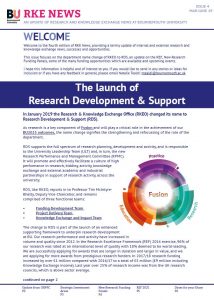
 Research England is interested in understanding how researchers think the research landscape (i.e. research outputs, impacts and the research environment) might change over the next 5 to 10 years, in order to inform their planning for future research assessment (post 2021). This survey is intended to collect information on these issues and is part of a wider study being conducted by
Research England is interested in understanding how researchers think the research landscape (i.e. research outputs, impacts and the research environment) might change over the next 5 to 10 years, in order to inform their planning for future research assessment (post 2021). This survey is intended to collect information on these issues and is part of a wider study being conducted by 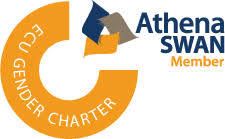 In the
In the
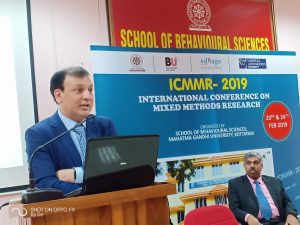
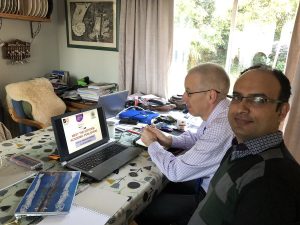

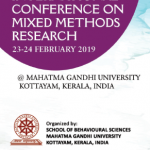


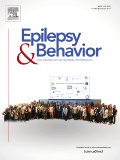

 Well done!
Well done!











 Upcoming opportunities for PGRs – collaborate externally
Upcoming opportunities for PGRs – collaborate externally BU involved in new MRF dissemination grant
BU involved in new MRF dissemination grant New COVID-19 publication
New COVID-19 publication MSCA Postdoctoral Fellowships 2024
MSCA Postdoctoral Fellowships 2024 Horizon Europe News – December 2023
Horizon Europe News – December 2023